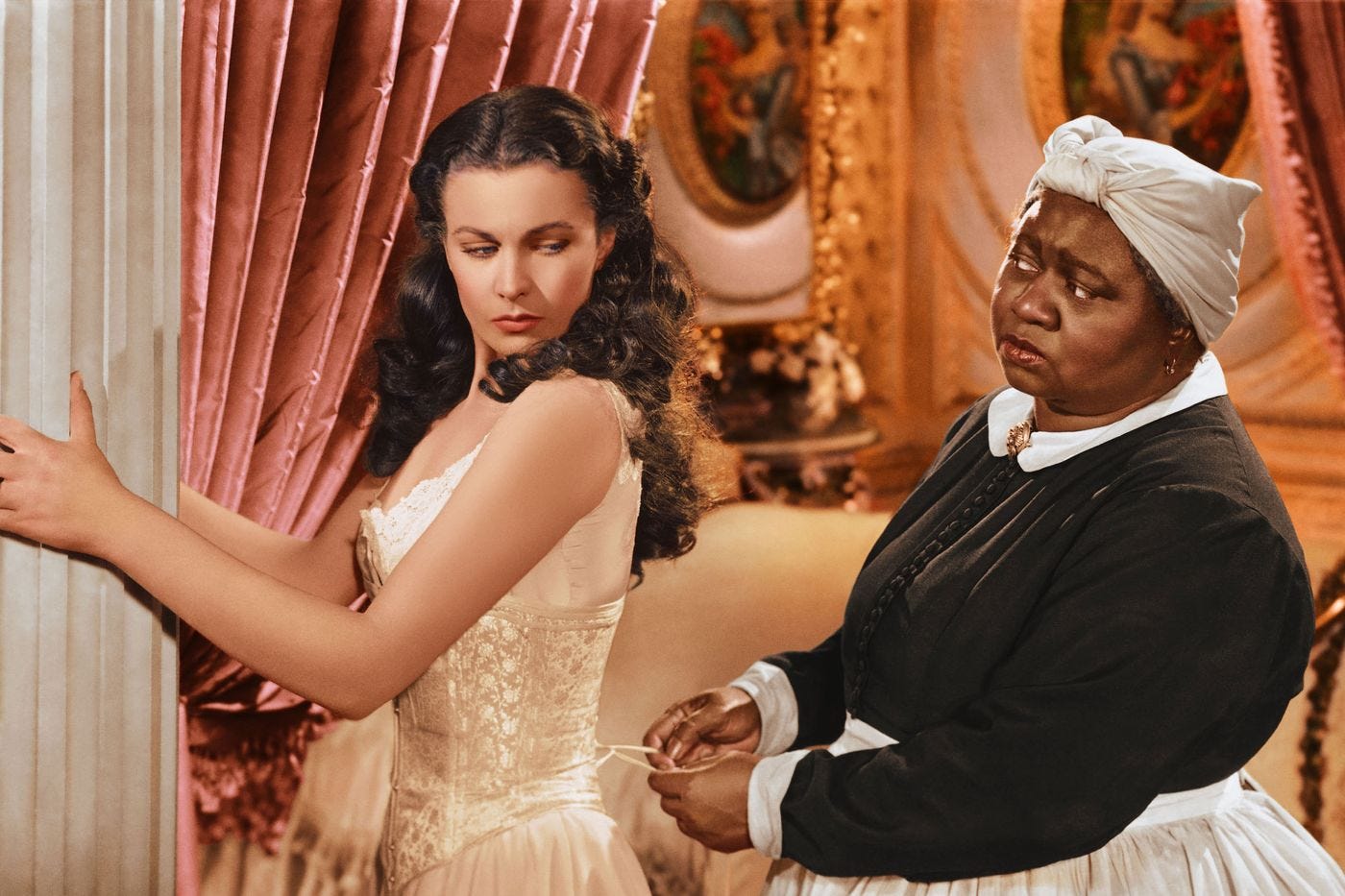One good thing to read
One critic I always read is Angelica Jade Bastién, at Vulture, who manages to find new ways into conversations that have been had over and over again, and always with a great deal of grace and thoughtfulness. (Also, her prose is great.) In 2017 she wrote about Gone with the Wind.
The piece has resurfaced in light of HBO Max’s decision to temporarily remove the film from their brand-new streaming service (it’s still on iTunes, Amazon, and so on), then reinstate it once they’ve had the time to record some material that gives further context on the era and cultural context in which it was made. Some people have erroneously called this “censorship” or “banning,” a category error that makes a conversation impossible. But there is a conversation in there that should be had, with accurate information and the terms correctly set.

Anyhow, Angelica’s take is well worth a read:
It may seem curious for a black Southern woman like me to have affection for a film that ignores the horrors my ancestors endured in order to create the most iconic Southern belle of all time, that unabashedly celebrates the South’s greatest sins. Loving film, both classic and modern, can require a bifurcated approach (especially as a black woman), acknowledging the artistic wonder and its role in often supporting oppression. For me, this racial dimension to the film isn’t merely an intellectual exercise or something I brush past in the news, but a lived reality. Gone With the Wind, in this light, becomes a way for me to study and understand the ways white people spin fables from an obstructed view of the past and present.


